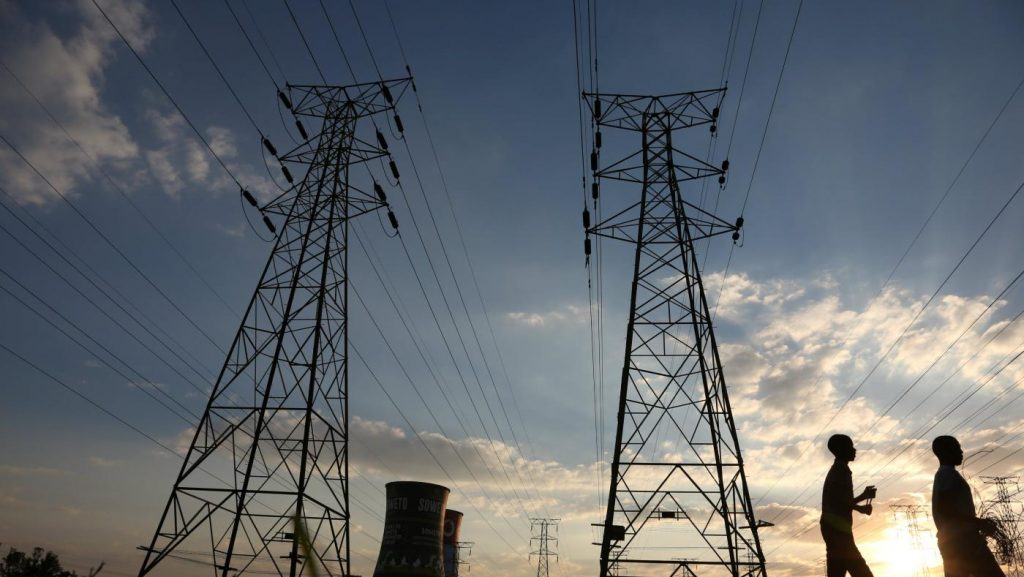The Nigerian Senate has asked the Federal Government to halt the use of public funds for procuring electricity infrastructure that ultimately ends up as private assets controlled by electricity distribution companies (DISCOs).
Senator Yunus Akintunde (APC–Oyo Central), Chairman of the Senate Committee on the Environment, made the appeal during Thursday’s plenary session.
He criticised the current model where government-funded equipment such as transformers are handed over to communities, only for the DISCOs to assume ownership and impose charges for installation and service.
“When you buy a transformer with government money and hand it to a community, the distribution company still insists on installation fees,” Akintunde said.
“Yet, once the transformer is energised, it is treated as a DISCO asset. That’s public money being used to build up private monopolies.”
The senator described the practice as unjust and called for a revision of government policy to create a more transparent and beneficial subsidy structure.
He stressed that energy subsidies are not unique to Nigeria and are widely used across the world, including in advanced economies.
“In countries like the United Kingdom, energy is subsidised to protect the vulnerable and promote growth,” he noted.
“The fact that subsidies have been mismanaged in the past does not mean they are without merit. What is required is proper oversight and implementation.”
Akintunde also addressed what he described as a structural imbalance in the Nigerian electricity sector.
He observed that while generation and distribution have been privatised, the national transmission infrastructure remains under government control and is largely outdated.
“The transmission lines and substations in many parts of the country are obsolete. They can’t support the demands of a modern energy grid,” he said.
“This gap between generation, distribution, and transmission is one of the reasons for persistent outages and inefficiency.”
He concluded by urging policymakers to shift focus from enriching private operators to delivering reliable and affordable electricity to Nigerians.
According to him, reform efforts must prioritise the public interest over commercial gain.

